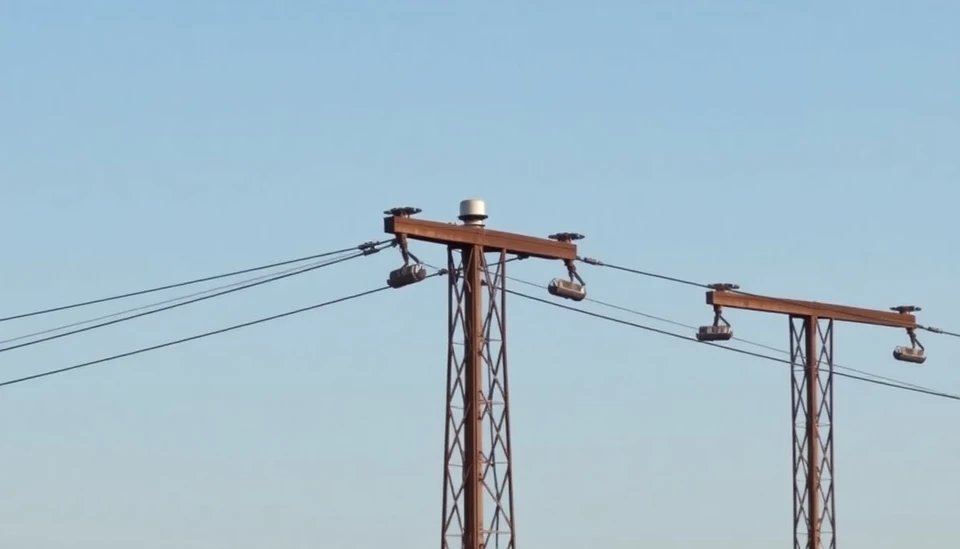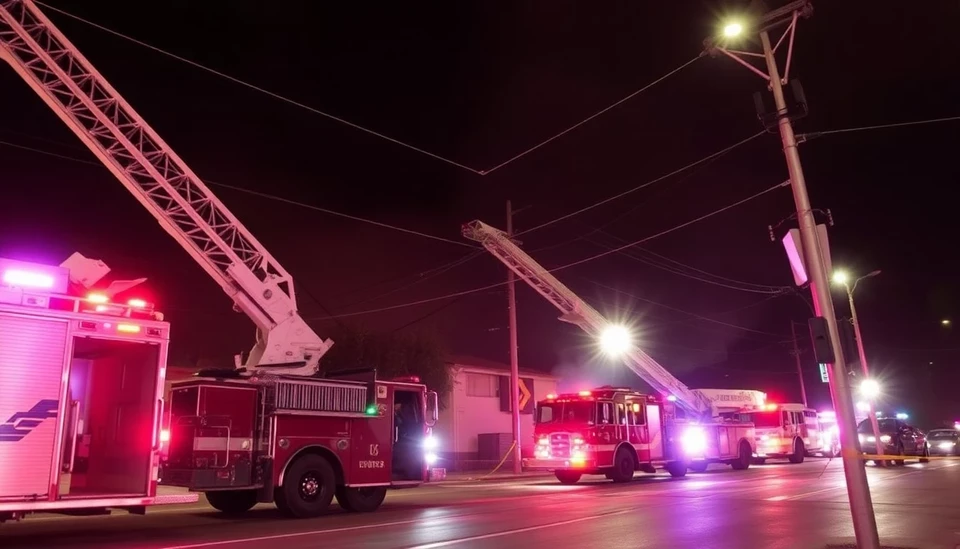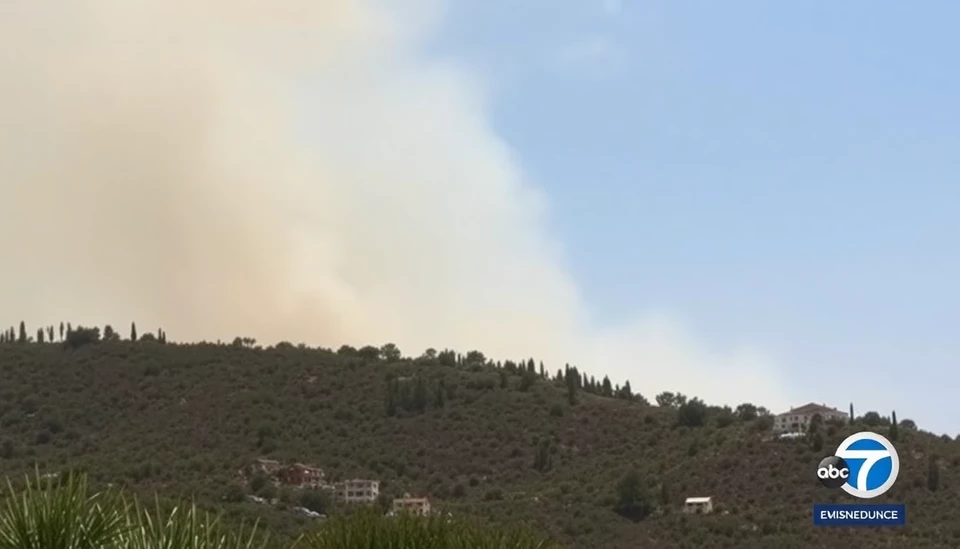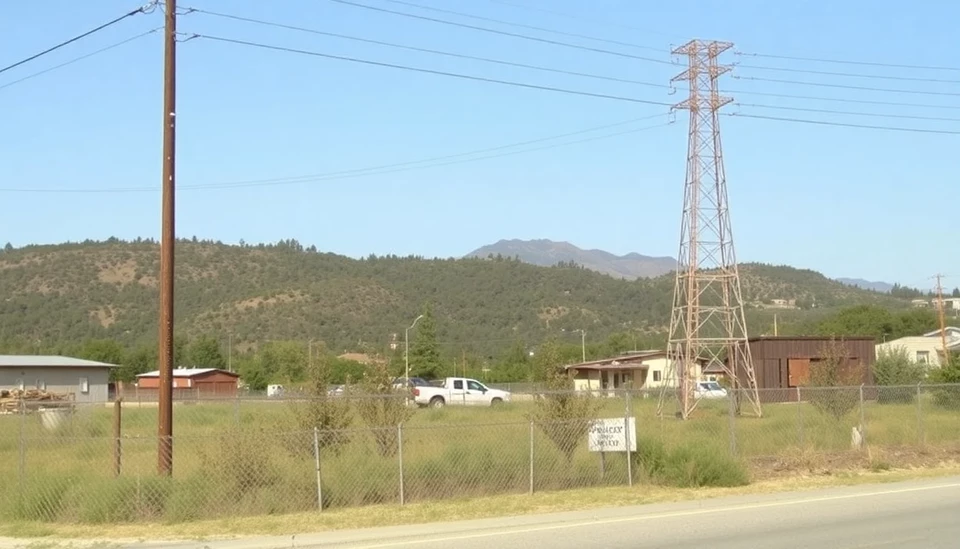
In a recent and contentious move, Edison International, the parent company of the Southern California Edison (SCE) utility, has decided to continue operating its power lines serving the greater Los Angeles area, despite growing scrutiny from local residents and environmental advocacy groups. This decision has reignited discussions about the safety and environmental impact of the utility's infrastructure.
The power lines in question have been under intense examination due to the looming concerns regarding wildfire risks and the potential hazards they pose to densely populated areas. Critics have pointed to the catastrophic wildfires that have plagued California in recent years, attributing part of the problem to aging and poorly maintained power infrastructure. In this context, Edison International's choice is seen as a risky gamble that could endanger communities already living on the edge, especially during dry and windy conditions.
Local residents, many of whom have witnessed first-hand the devastation caused by wildfires, have voiced their fears regarding the decision. Activists are particularly concerned that SCE has not made sufficient improvements to the system to preemptively mitigate potential accidents. They argue that proactive measures, including the undergrounding of power lines and more rigorous maintenance protocols, should be prioritized to ensure the safety of inhabitants.
In response to the backlash, Edison International has defended its position, claiming that its power lines are adequately maintained and that the decision to keep them operational was made after careful consideration of numerous factors, including reliability of power supply and economic implications. Furthermore, the company stated that it has been investing in advanced monitoring technology to detect potential issues before they lead to disasters.
Environmental advocates, however, remain unconvinced, adamantly asserting that Edison must take further steps to enhance the safety protocols surrounding its power lines. Their call for change emphasizes the need for accountability and greater transparency in the utility's operations. These proponents of change argue that the ramifications of mishaps could far outweigh the purported benefits of keeping the lines operational.
This decision adds to the ongoing debate surrounding utilities and their critical role in public safety. As California continues to grapple with climate change-related challenges, the discussion around energy infrastructure is likely to intensify. Residents are becoming increasingly aware of how these decisions impact not just their immediate safety, but the broader environmental implications as well.
As this debate unfolds, it remains to be seen whether Edison International will heed the concerns expressed by the community or adhere to its current operational strategy. Stakeholders from various sectors, including local government, environmental NGOs, and the utility itself, must come together to find a balanced solution that ensures both reliable energy and the safety of California's communities.
In summary, the decision by Edison International to maintain the operation of its power lines serving Los Angeles represents a significant point of contention within the community. The balance between energy reliability and safety remains a critical challenge as California navigates its precarious climate landscape.
#EdisonInternational #SouthernCaliforniaEdison #WildfireSafety #EnergyInfrastructure #LosAngeles #EnvironmentalAdvocacy #PublicSafety
Author: Sophie Bennett


